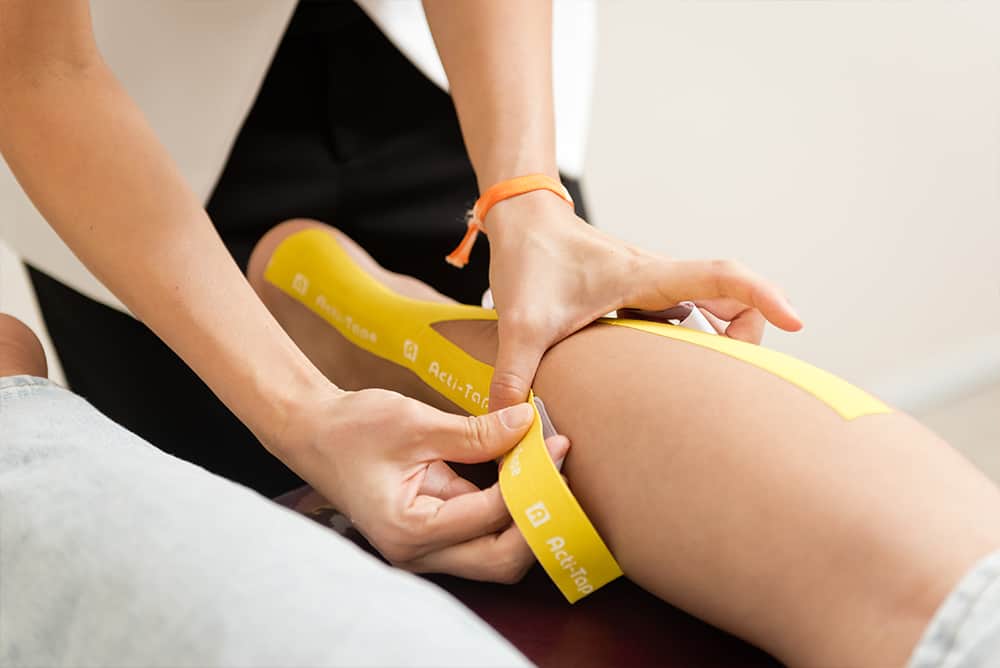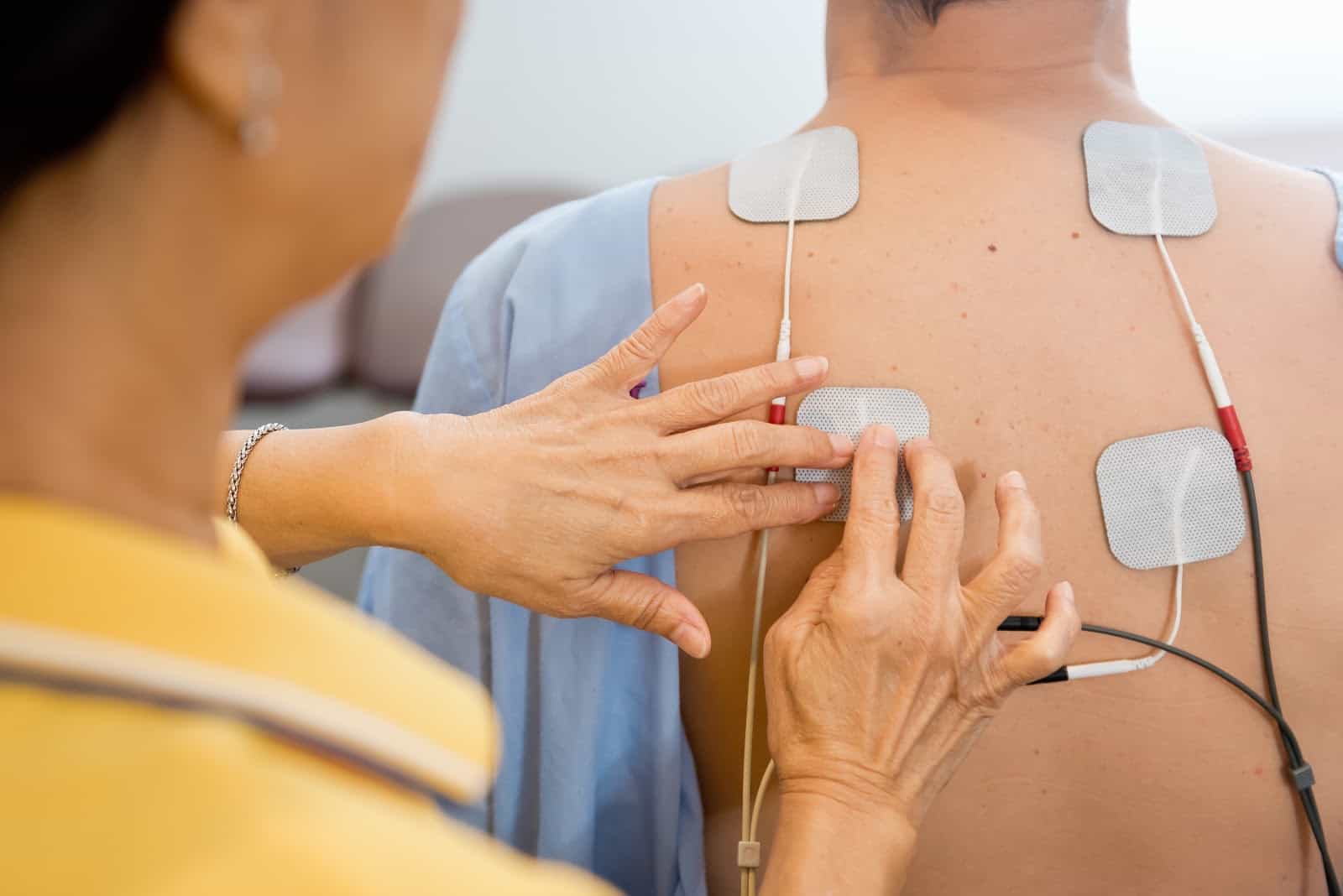What is a Trigger Point
Sometimes, muscles tense and tighten, forming what’s called a myofascial trigger point—also known as muscle knots. A ‘trigger point’ refers to a particular muscle knot that is in a state of
contraction. This impedes normal muscle movement, which
involves contractions that pump blood through the capillaries, which bring in purified blood and remove toxins.
A trigger point does allow this contraction to take place
effectively. It can block off the flow of purified blood to the area or choke it. When muscles aren’t supplied with oxygen from purified blood, they begin to starve. As a result, toxins and waste begin to increase in such muscles. The body responds to this buildup of toxins by signaling pain to the brain.

How Do I Know If I Have Trigger Points?
Trigger points can cause a number of problems, like headaches, joint pains, and back pain. Trigger points are most commonly known to affect major joints like the knees, shoulders, and wrists.
The pain experienced due to trigger points is often misdiagnosed as arthritis or tendonitis. This condition can also cause other symptoms like nausea, numbness, tingling or feet and hands, dizziness, heartburn, and genital pain. Research has revealed that trigger points are one of the beginning symptoms of Fibromyalgia.
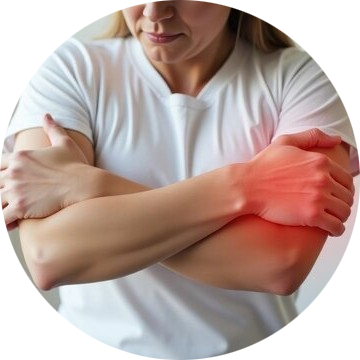
Local Muscle Weakness

Numbness
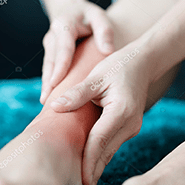
Tingling

Dizziness
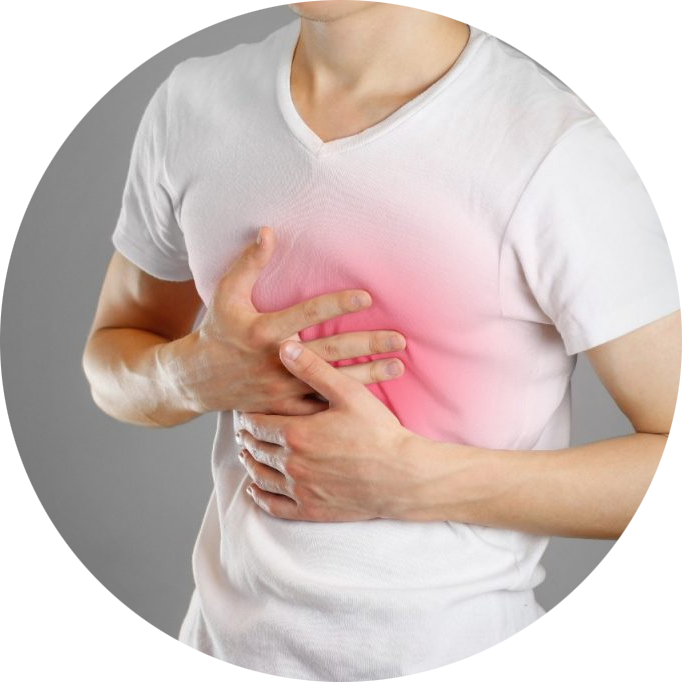
Heartburn
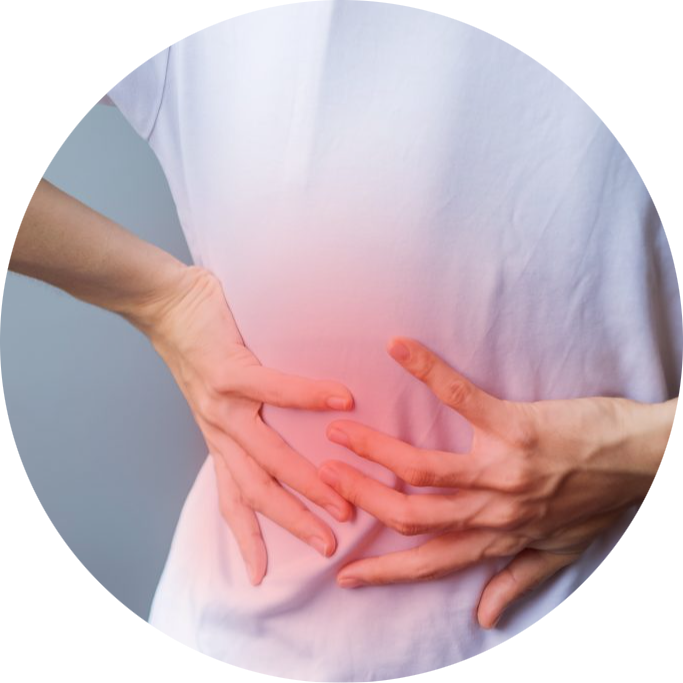
Body Ache
Trigger Point Therapy
If you’ve suffered from trigger points, you’ve probably tried out several things meant to treat muscle pain, from using hot compresses, to deep issue massage, using tennis balls to put pressure on the pained body part, or perhaps you have even used medication, in extreme cases. While some of these options do improve blood flow, they don’t really treat the trigger point itself.
Trigger point therapy has been identified as one of the most effective treatment options. It involves manual pressure applied by an experienced chiropractor to the painful area which quickly eliminates muscle and tissue pain.
Upon examination, chiropractors will feel for bumps, bands, and lumps in the muscles. When trigger points are found, chiropractors first apply pressure on the area using their thumbs or fingers. The duration depends upon the muscle’s response; once the trigger points melt and disappear, the chiropractor then does deep tissue massage.
Conditions Treated with Trigger Point Therapy

dizziness

heartburn

genital pain
How can Chiropractic help?
Diagnose the right condition for a personalised treatment
Our chiropractors will assess the cause and severity of your condition with a physical assessment during the consultation. In addition to the physical exam, we'll look into your past medical history and any recent X-ray results available to pinpoint the cause of the pain. Determining the source of the pain is essential to recommend the right method of treatment and rehabilitation. Treatment will be customised to your condition and these options can include:

Chiropractic Adjustments
To improve overall functionality and alleviate the stress on your system.

Myofascial Therapy
Relaxes contracted muscles and releases the fascia that covers the muscle.


